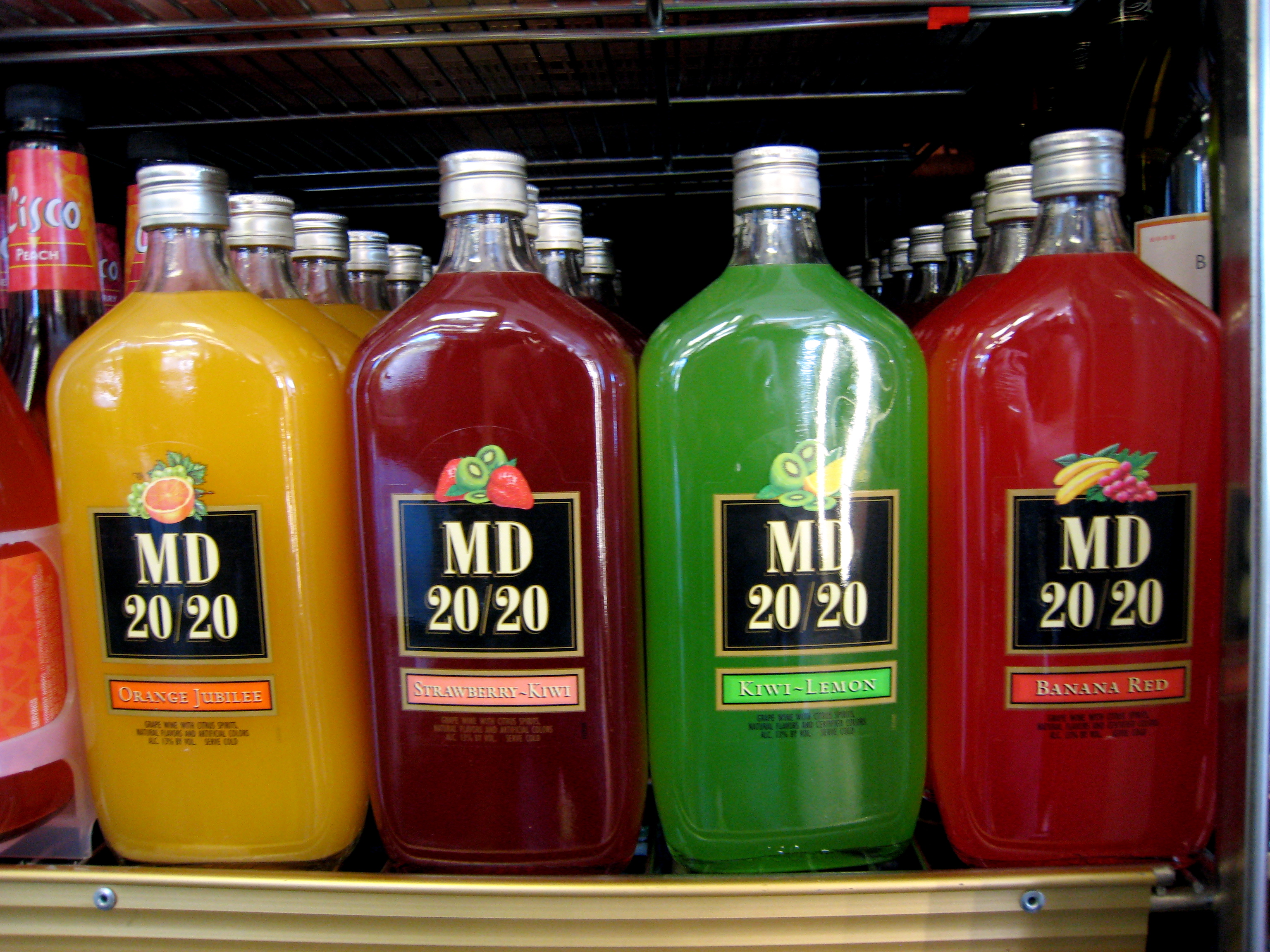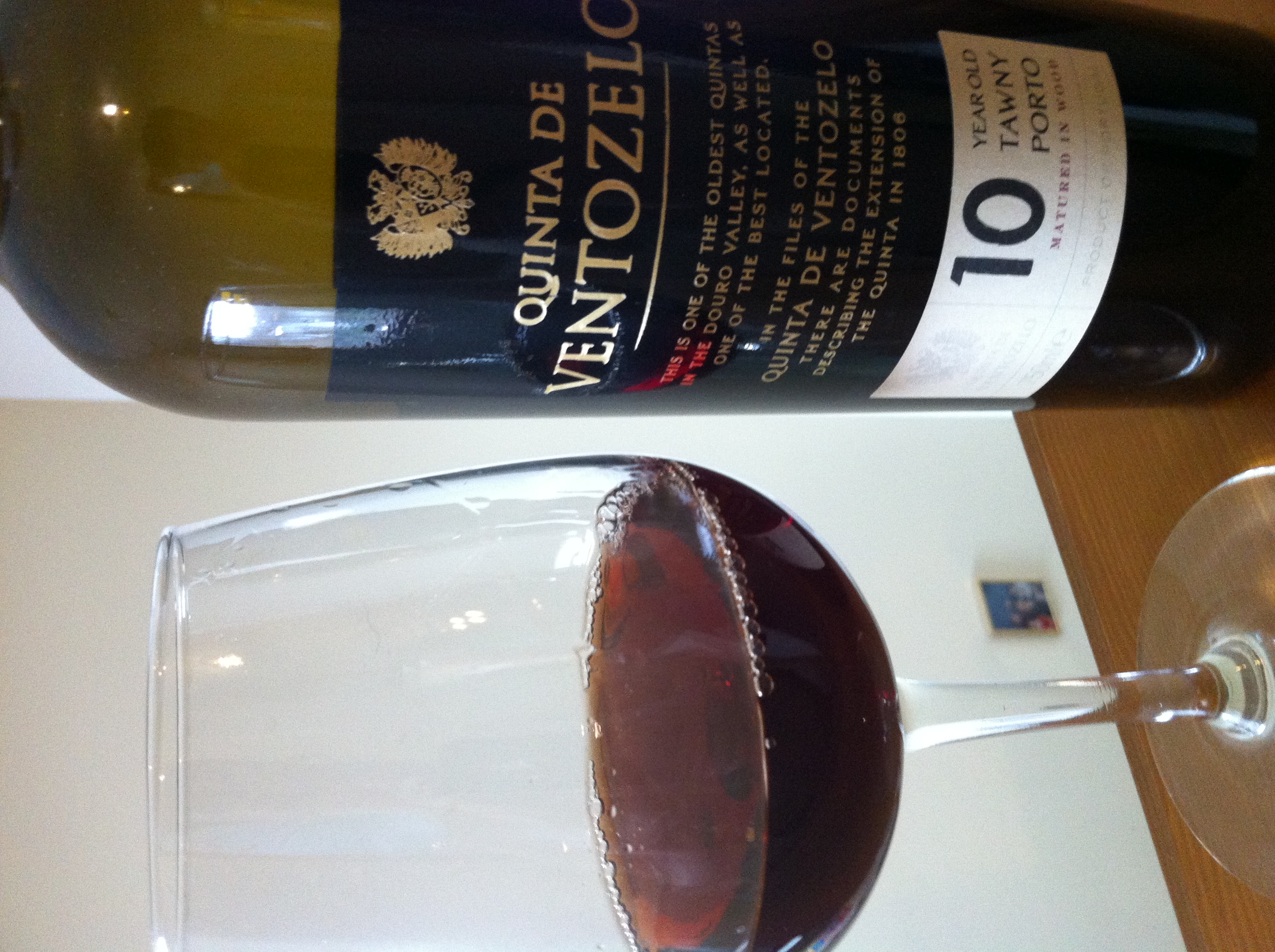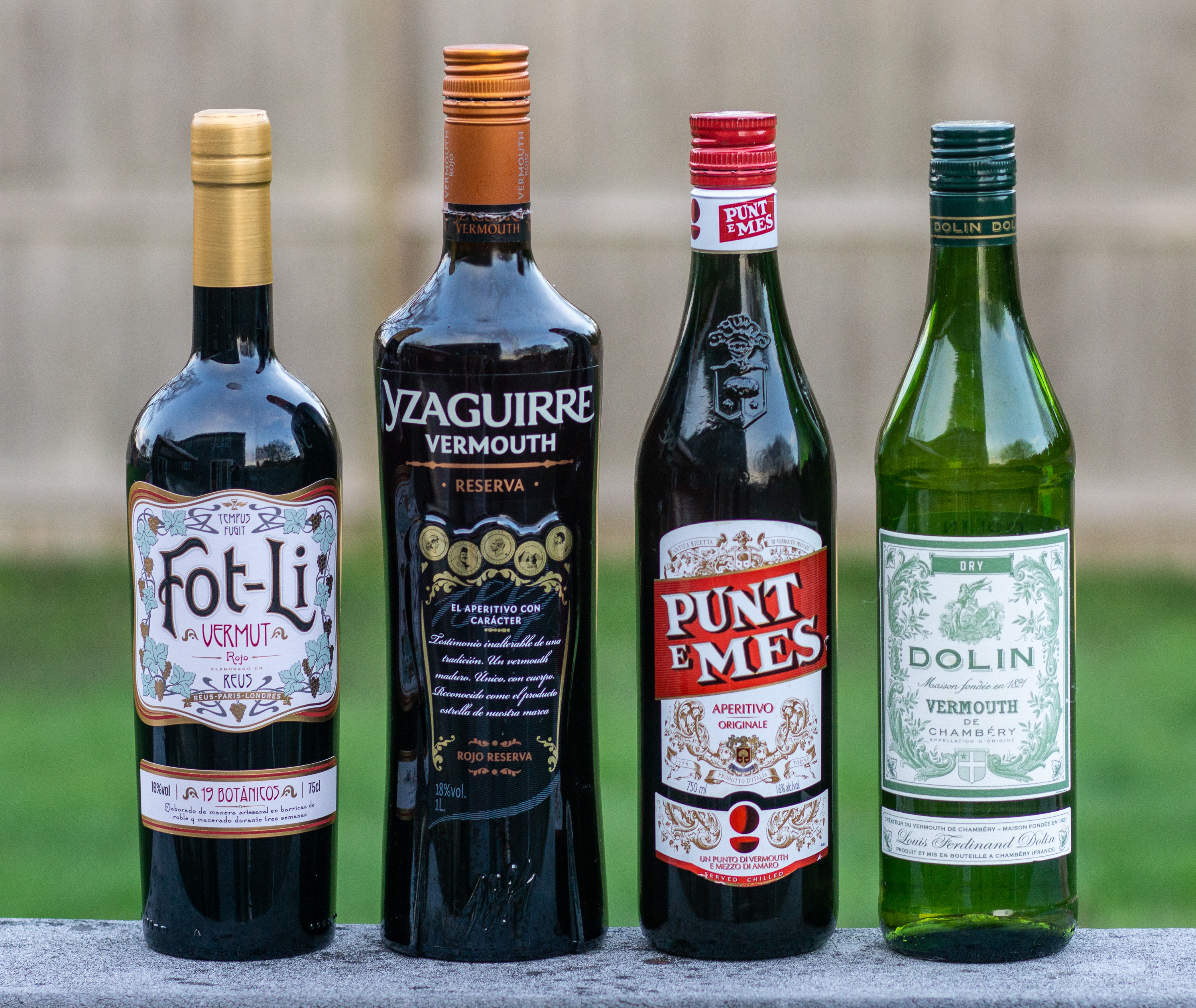|
Bormotukha
Bormotukha (Russian бормотуха) and ''chernila'' (literally ink) were colloquial names for cheap flavored fortified wines, commonly named "port wine" or "vermouth", that were produced in the Soviet Union. Examples of bormotukha were ''Agdam'' (named after a Agdam, city in Azerbaijan) 'Самый убийственный алкоголь в СССР — из алжирского винограда: «Термоядерный удар под названием…» Солнцедар! Sport24, October 2023 and ' (colloquially called "Three Axes"). [...More Info...] [...Related Items...] OR: [Wikipedia] [Google] [Baidu] |
Flavored Fortified Wine
Flavored fortified wine or tonic wine is inexpensive fortified wine that typically has an alcohol content between 13% and 20% alcohol by volume (ABV). They are made from various fruits (including grapes and citrus fruits) with added sugar, artificial flavor, and artificial color. Brands * Bormotukha () was a colloquial name for cheap fortified wines, named 'port wines' or 'vermouths,' that were produced in the Soviet Union. * Buckfast Tonic Wine is a tonic wine with added alcohol, caffeine, and sugar, produced under license from Buckfast Abbey, a Roman Catholic monastery located in Devon, England. It is particularly popular along the central belt of Scotland, especially Glasgow, Faifley, East Kilbride, Hamilton, Coatbridge and other Strathclyde areas, as well as Falkirk, Fife, Edinburgh and the Lothians, but critics have blamed it for being a cause of social problems in Scotland. Some have nicknamed it "Wreck the Hoose Juice". It also enjoys strong popularity and near cult-fo ... [...More Info...] [...Related Items...] OR: [Wikipedia] [Google] [Baidu] |
Jabol
''Jabol'' () is a slang name for a kind of cheap Poland, Polish fruit wine. It is made from fermented fruit and is bottled at 8% to 18% alcohol by volume. Its name is derived from , "apple", from which it is often made. Though it is usually fruit flavoured, it can come in other flavours such as chocolate or mint. It comes in a variety of containers and is sold under a variety of names. History ''Jabol'' was first developed in post-war Polish People's Republic, Poland as a cheap alcohol produced from the apple orchards that had been cultivated in the former-Prussian areas of the Recovered Territories. The drink gained a reputation as an unsophisticated alcoholic beverage consumed by youths intending to get drunk quickly and cheaply. Slang names Apart from ''jabol'' or ''jabcok'', this beverage has amassed a variety of colourful slang names. Two that are commonly encountered are ''sikacz'' (a reference to the effect of alcohol on urination) and ''siarkofrut'' (a reference to the ... [...More Info...] [...Related Items...] OR: [Wikipedia] [Google] [Baidu] |
Port Wine
Port wine (, ; ), or simply port, is a Portuguese wine, Portuguese fortified wine produced in the Douro, Douro Valley of Norte, Portugal, northern Portugal. It is typically a sweetness of wine, sweet red wine, often served with dessert wine, dessert, although it also comes in dry, semi-dry, and white varieties. Other port-style fortified wines are produced outside Portugalin Argentina, Australia, Canada, France, India, Italy, South Africa, Spain, and the United Statesbut under the European Union Protected Designation of Origin guidelines, only wines from Portugal are allowed to be labelled "port". Region and production Port is produced from grapes grown and processed in the demarcated Douro region. The wine produced is then fortified by the Mutage, addition of a neutral grape spirit known as aguardente#Portugal, aguardente to stop the Fermentation (wine), fermentation, leaving residual sugar in the wine, and to boost the Alcohol (drug), alcohol content. The fortification sp ... [...More Info...] [...Related Items...] OR: [Wikipedia] [Google] [Baidu] |
Vermouth
Vermouth (, ) is an Italian aromatized wine, aromatized, fortified wine, flavored with various Botany, botanicals (roots, Bark (botany), barks, flowers, seeds, Herb, herbs, and Spice, spices) and sometimes Food coloring, colored. The modern versions of the beverage were first produced in the mid- to late 18th century in Turin, Italy. While vermouth was traditionally used for medicinal purposes, it was later served as an apéritif and digestif, apéritif, with fashionable cafés in Turin serving it to guests around the clock. In the late 19th century, it became popular with bartenders as a key ingredient for cocktails, such as the martini (cocktail), martini, the Manhattan (cocktail), Manhattan, the Rob Roy (cocktail), Rob Roy, and Negroni. In addition to being consumed as an apéritif or cocktail ingredient, vermouth is sometimes used as an alternative to white wine in Cooking wine, cooking. Historically, the two main types of vermouth are sweet and dry. Responding to demand a ... [...More Info...] [...Related Items...] OR: [Wikipedia] [Google] [Baidu] |
Soviet Union
The Union of Soviet Socialist Republics. (USSR), commonly known as the Soviet Union, was a List of former transcontinental countries#Since 1700, transcontinental country that spanned much of Eurasia from 1922 until Dissolution of the Soviet Union, it dissolved in 1991. During its existence, it was the list of countries and dependencies by area, largest country by area, extending across Time in Russia, eleven time zones and sharing Geography of the Soviet Union#Borders and neighbors, borders with twelve countries, and the List of countries and dependencies by population, third-most populous country. An overall successor to the Russian Empire, it was nominally organized as a federal union of Republics of the Soviet Union, national republics, the largest and most populous of which was the Russian SFSR. In practice, Government of the Soviet Union, its government and Economy of the Soviet Union, economy were Soviet-type economic planning, highly centralized. As a one-party state go ... [...More Info...] [...Related Items...] OR: [Wikipedia] [Google] [Baidu] |
Agdam
Aghdam () is a town and the nominal capital of the Aghdam District of Azerbaijan. Founded in the 18th century, it was granted city status in 1828 and grew considerably during the Soviet period. Aghdam lies from Stepanakert at the eastern foot of the Karabakh Range, on the outskirts of the Karabakh plain. Before the First Nagorno-Karabakh War, butter, wine and brandy, machine, and silk factories, and an airport and two railway stations functioned there. By 1989, Aghdam had 28,031 inhabitants. As Azerbaijani forces withdrew from Karabakh following political turmoil in the country during the war, Armenian forces captured Aghdam in July 1993. The heavy fighting forced the city's population to flee eastwards. Upon the seizure, Armenian forces sacked the town. Until 2020, it was ''de facto'' a part of the Nagorno-Karabakh Republic, and was almost entirely ruined and uninhabited. As part of the agreement that ended the 2020 Nagorno-Karabakh war, the town and its surrounding distric ... [...More Info...] [...Related Items...] OR: [Wikipedia] [Google] [Baidu] |
Mikhail Gorbachev
Mikhail Sergeyevich Gorbachev (2 March 1931 – 30 August 2022) was a Soviet and Russian politician who served as the last leader of the Soviet Union from 1985 to dissolution of the Soviet Union, the country's dissolution in 1991. He served as General Secretary of the Communist Party of the Soviet Union from 1985 and additionally as head of state beginning in 1988, as Chairman of the Presidium of the Supreme Soviet from 1988 to 1989, Chairman of the Supreme Soviet from 1989 to 1990 and the president of the Soviet Union from 1990 to 1991. Ideologically, Gorbachev initially adhered to Marxism–Leninism but moved towards social democracy by the early 1990s. Gorbachev was born in Privolnoye, Stavropol Krai, Privolnoye, North Caucasus Krai, to a poor peasant family of Russian and Ukrainian heritage. Growing up under the rule of Joseph Stalin, in his youth he operated combine harvesters on a Collective farming, collective farm before joining the Communist Party of the Soviet Union, ... [...More Info...] [...Related Items...] OR: [Wikipedia] [Google] [Baidu] |
Prohibition In Russian Empire And Soviet Union
Prohibition in the Russian Empire and the Soviet Union existed during 1914–1925. The Russian term is (, ). Russian Empire The Tsars monopolized the sale of vodka in the 16th century. By the mid-17th century, one-third of the population's working men were indebted to the government's taverns, which generated substantial revenue. Peter the Great, Peter I used this debt to compel military service. Prohibition was introduced under the rule of Tsar Nicholas II in 1914, at the outset of World War I. It banned the sale of hard liquor, hard liquors, such as vodka, except in privileged establishments. This curtailment cost the government an estimated billion rubles annually. However, authorities believed the move was needed to improve wartime economic productivity, social orderliness, and military recruitment. Michael Demitrovitch Tchelisheff, credited with leading the prohibition, opposed alcohol because he personally believed that drunkenness benefited autocratic rulers. He was als ... [...More Info...] [...Related Items...] OR: [Wikipedia] [Google] [Baidu] |
Era Of Stagnation
The "Era of Stagnation" (, or ) is a term coined by Mikhail Gorbachev in order to describe the negative way in which he viewed the economic, political, and social policies of the Soviet Union that began during the rule of Leonid Brezhnev (1964–1982) and continued under Yuri Andropov (1982–1984) and Konstantin Chernenko (1984–1985). It is sometimes called the "Brezhnevian Stagnation" in English. Terminology During the period of Brezhnev's leadership, the term "Era of Stagnation" was not used. Instead in Soviet ideology the term "period of developed socialism" () was used for the period that started in 1967. This Soviet concept was officially declared at the 24th Congress of the Communist Party of the Soviet Union in 1971. It stemmed from the failure of Khrushchev's promise in 1961 of reaching communism in 20 years and was a replacement for the concept "period of the extensive construction of communism" (). It was in the 1980s that the Soviet leader Mikhail Gorbache ... [...More Info...] [...Related Items...] OR: [Wikipedia] [Google] [Baidu] |
Belarus
Belarus, officially the Republic of Belarus, is a landlocked country in Eastern Europe. It is bordered by Russia to the east and northeast, Ukraine to the south, Poland to the west, and Lithuania and Latvia to the northwest. Belarus spans an area of with a population of . The country has a hemiboreal climate and is administratively divided into Regions of Belarus, six regions. Minsk is the capital and List of cities and largest towns in Belarus, largest city; it is administered separately as a city with special status. For most of the medieval period, the lands of modern-day Belarus was ruled by independent city-states such as the Principality of Polotsk. Around 1300 these lands came fully under the Grand Duchy of Lithuania and subsequently by the Polish–Lithuanian Commonwealth; this period lasted for 500 years until the Partitions of Poland, 1792-1795 partitions of Poland-Lithuania placed Belarus within the Belarusian history in the Russian Empire, Russian Empire for the fi ... [...More Info...] [...Related Items...] OR: [Wikipedia] [Google] [Baidu] |
Alexander Lukashenko
Alexander Grigoryevich Lukashenko (also transliterated as Alyaksandr Ryhoravich Lukashenka; born 30 August 1954) is a Belarusian politician who has been the first and only president of Belarus since the office's establishment in 1994, making him the List of current state leaders by date of assumption of office, current longest-serving European leader. Before embarking on his political career, Lukashenko worked as the director of a state farm (''sovkhoz'') and served in both the Soviet Border Troops and the Soviet Army. In 1990, Lukashenko was elected to the Supreme Soviet of the Byelorussian Soviet Socialist Republic. Following the dissolution of the Soviet Union, he assumed the position of head of the interim anti-corruption committee of the Supreme Council of Belarus. In 1994, he won the presidency in the country's 1994 Belarusian presidential election, inaugural presidential election after the adoption of a new Constitution of Belarus, constitution. Lukashenko opposed Shock ... [...More Info...] [...Related Items...] OR: [Wikipedia] [Google] [Baidu] |






